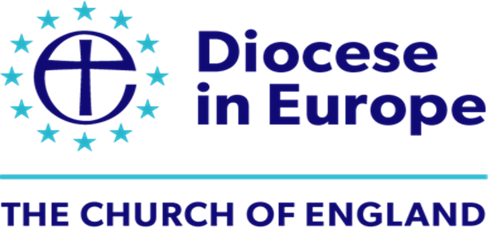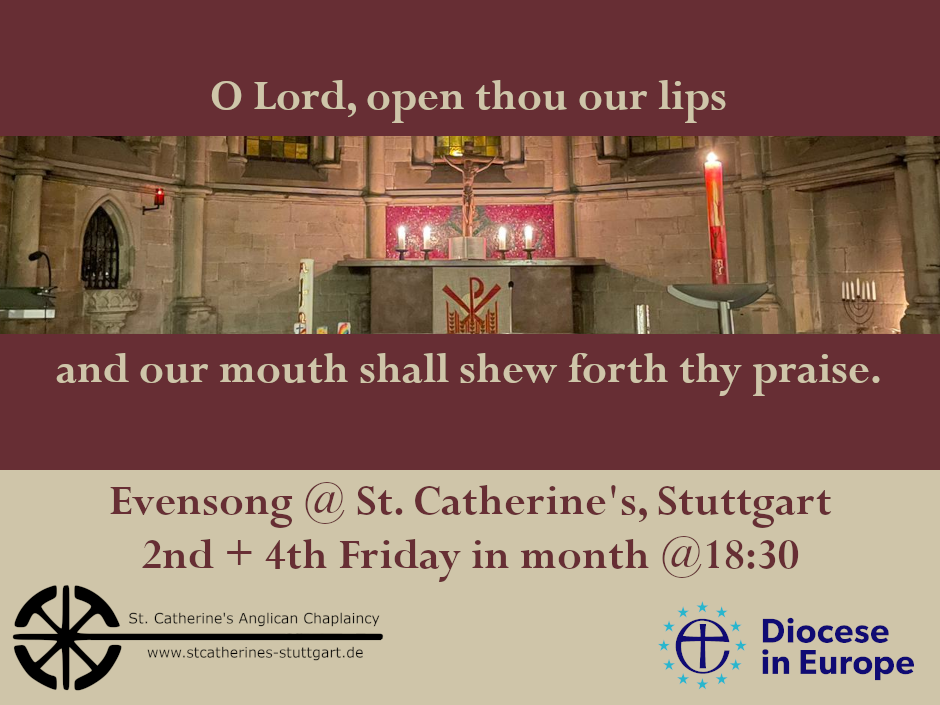During August I was fortunate to take part in a pilgrimage to the Holy Land, and to see, again, the places associated with the life of Jesus Christ. Nazareth, where Jesus grew up, is now a sprawling Arab town, but in the first century was only a village of perhaps 500 people. Capernaum and the places around Lake Galilee have retained their peacefulness and beauty across the centuries. And Bethlehem, where Jesus was born, which was once the ‘little town’ spoken of in the Christmas Carol now houses the large ‘Church of the Nativity’ built by Constantine, a bewildering array of gift shops and the terrible and much graffitied wall that separates Palestinians from Jews.
To visit these sites is to be reminded that Jesus was born in a physical place and time. His parents had to travel from Nazareth to Bethlehem to register in a Roman census. The Bethlehem ‘inn’ described by St. Luke would have been a large room in which visitors would have unrolled their sleeping mats.
Despite St. Luke’s comments, the room at the inn would be unlikely to have been completely full, as you could always squeeze in another body. But a crowded hostel floor was no place for a young woman about to give birth. So it seems the innkeeper – far from being the grumpy character that he has become in our infant nativities – found Mary somewhere more decent, in all likelihood his own family’s cave. Caves made good homes, as they kept cool in the summer and relatively warm in the winter. At the ‘Church of the Nativity’ you can visit the cave where, by tradition, the birth took place. It appears that Mary gave birth in the relative privacy of the part of the cave allocated to the animals.
Luke tells us that Mary placed her newborn baby in a manger. The only ancient Near Eastern manger I have seen was used both as a reservoir for water as well as a being a feeding trough. And it was made of stone.
Attending to the details of Mary’s circumstances perhaps helps us to ponder again the earthy reality of the Saviour’s birth. Jesus was born in a cave, surrounded by animals, and the newborn baby was laid in an elevated stone basin intended for the nourishment of the animals. St. John reflects that ‘the Word became flesh, and dwelt among us, full of grace and truth’. The divine Word is enfleshed, puts on humanity, in an utterly physical and natural manner.
Yet this baby embodies the logos, the Word of God. The divine Word takes flesh. The invisible, transcendent second person of the divine Trinity speaks into our human existence. God’s speech is known in the life of this human person, and if we want to know how God speaks we are directed to Jesus. There is an integrity between the life and actions of Jesus and the word and will of the eternal God. This birth is an extraordinary divine ‘speech-event’.
In our own day, speech and communication are as powerful as they ever were. Words are used to influence and persuade, to heal or to harm, to encourage or undermine, to nurture hope or generate fear. With the internet and social media the whole world now feels like one global speech community with a myriad of voices vying for attention, prominence and influence.
What is so frequently lacking is a consonance between what is spoken and the physicality of real people. Disembodied voices with anonymous names or email addresses offer comment without responsibility. And public figures whose image has been created by marketing consultants deliver messages massaged by spin doctors that seem unconnected with their own personal histories. As a result we experience ourselves caught up in powerful communications networks where we can’t easily distinguish truth from lies and struggle to find firm foundations for trust in what we are hearing.
Words are precious, and powerful – sacred even, if we trace them back to the divine Word. The event of Christmas invites us to model our lives and our speech on the grace and truth of Jesus Christ, rather than be fashioned by the powerful networks of discourse swirling around us.
Addressing Christians at Ephesus, the second century Father of the Church Ignatius wrote:
“Pray without ceasing on behalf of other people. For there is in them hope of repentance that they may attain to God. See, then, that they be instructed by your works, if in no other way. Be meek in response to their wrath, humble in opposition to their boasting; in contrast to their error be steadfast in the faith, and for their cruelty manifest your gentleness. While we take care not to imitate their conduct, let us be found their brethren in all kindness.”
Faithfulness or trustworthiness, humility, gentleness and kindness remain the hallmarks of Christ-like communication.
So amongst all the Christmas gifts, we prepare to celebrate the supreme gift – God’s greatest ever gift to the world. It is the gift of a person full of grace – of loveliness, goodness, graciousness. And this is a gift, a person, full of truth – reality, integrity, trustworthiness. In fragile flesh he comes and dwells, being born in a cave amongst the animals, laid in a manger. God who is outside space and time speaks into human reality to transform it from within.
Wherever you live in our European diocese, I wish each of you and your families a very happy Christmas. And I hope that during 2020, whatever the year ahead brings, God will irradiate your lives with his presence and his peace.
+Robert Gibraltar in Europe











